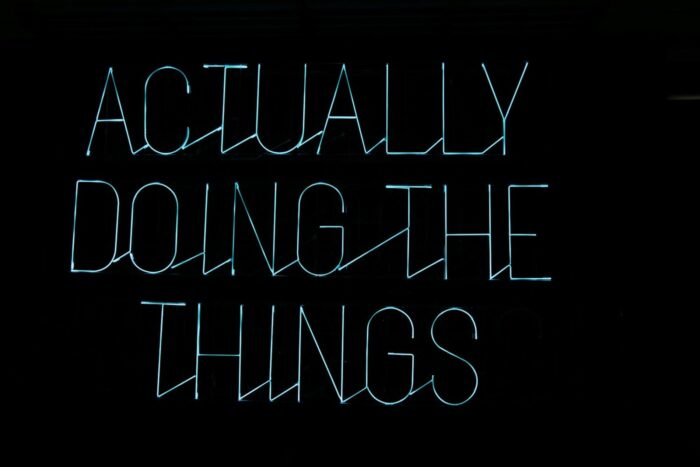
Not the obvious ones. The quieter spaces where something is missing, but the system still appears to function. Where people are busy, well intentioned, and doing their best, while quietly compensating for something nobody has named.
One of those gaps became very clear in a process I was asked to spend some time with recently.
The business had done what it believed was the responsible thing. Time and care had gone into producing a detailed specification internally. Requirements were thought through. Edge cases captured. Decisions signed off. On paper, it looked solid.
And yet, the same questions kept resurfacing. Clarifications. Reinterpretations. Small misunderstandings that did not feel serious enough to escalate, but persistent enough to slow things down. Nothing dramatic. Just enough friction to make the work heavier than it needed to be.
It would have been easy to pin that on execution. Or communication. Or individuals not reading closely enough. That is usually where these conversations drift.
But sitting with it for a while, something else felt off.
The specification was doing its job inside the business. It created confidence. It reduced perceived risk. It allowed decisions to move forward. Once it crossed the boundary to the delivery team, though, it became something different. A document to interpret. To infer from. To work around.
No one had failed. The gap sat between contexts.
Continue reading



